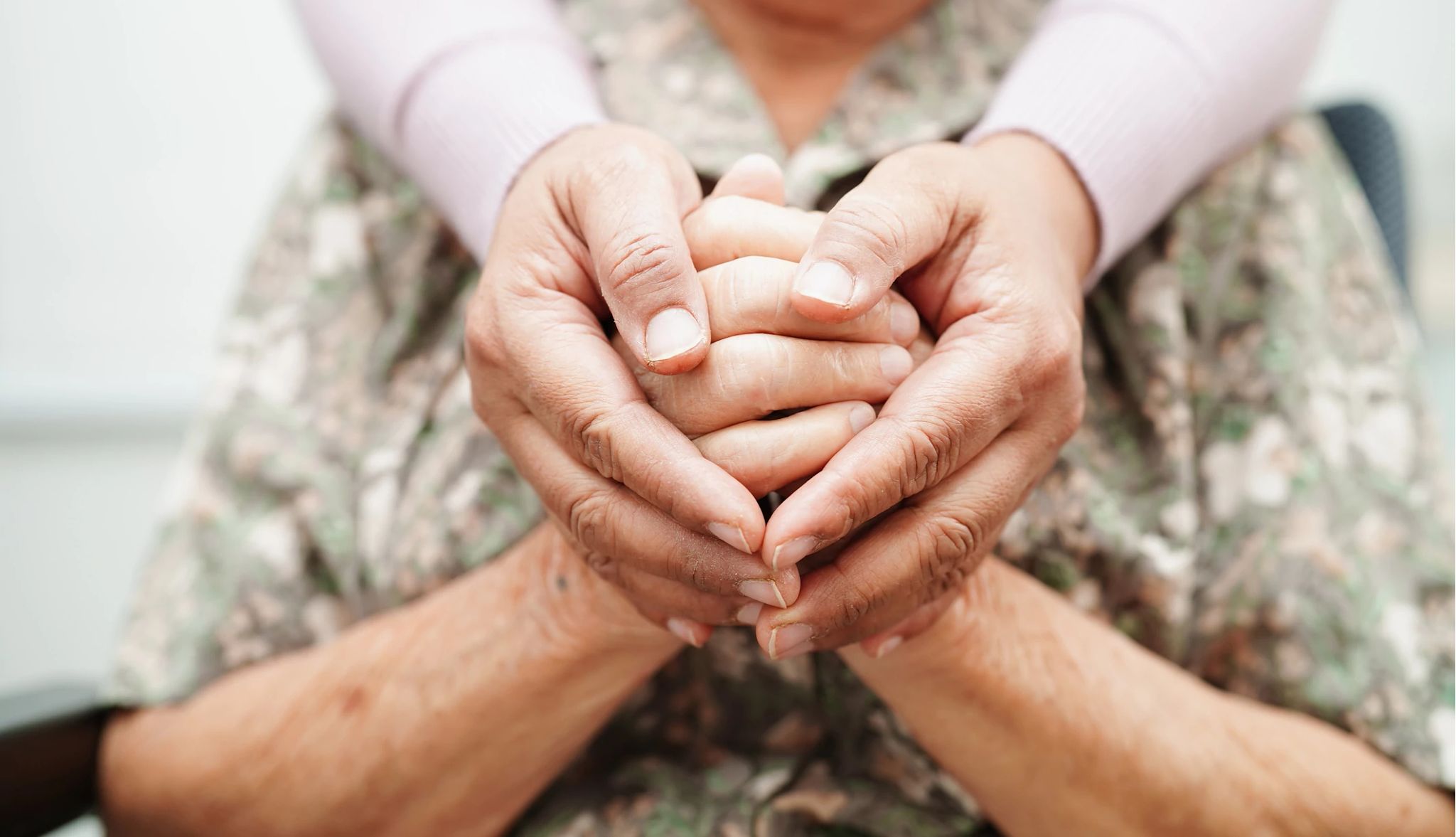AARP Hearing Center


It’s not surprising that family members, often thrust into caregiving with little notice, find themselves navigating a complex medical system without any training or guidance.
The good news is that changes are underway to help educate family caregivers on the ins and outs of providing care for loved ones. A new program, designed to improve the quality of life for people with dementia and their unpaid caregivers, is also in the works. Its goal is to help those with dementia remain in their homes longer.
President Joe Biden signed an executive order April 18, 2023, to support the country’s 48 million family caregivers. It included more than 50 directives to federal agencies to find ways to better support caregivers, who provide what AARP estimated in 2021 to be more than $600 billion each year in unpaid labor to take care of family and friends. AARP supports the order.
“I feel like I’ve learned all the things on the fly,” says Jessica Guthrie of Fredericksburg, Virginia, who has been caring for her mother for the past 10 years. Guthrie was part of a May 20 panel discussion at Arlington’s VHC Health, formerly Virginia Hospital Center, with the head of the Centers for Medicare & Medicaid Services, a health care provider, and AARP’s chief advocacy and engagement officer.
“Caregivers are a vital part of our health care system in doing things like helping with medication management, transportation to appointments, food shopping, bathing and dressing, and getting around the house,” says Chiquita Brooks-LaSure, administrator of the Centers for Medicare & Medicaid Services. “So often caregivers are unseen and unsung heroes. We at CMS have tried to make sure that in fulfilling our mission to deliver better health and better health care to all people, that we strengthen our support for caregivers.”
Three changes have already begun to help family caregivers:
1. Providers get paid to train family caregivers
Under a rule that took effect Jan. 1, doctors, clinical psychologists, nurse practitioners, physical therapists and other health care providers can bill Medicare for time spent training family caregivers.
Get help. Help others
AARP's Family Caregivers Discussion Group is a private Facebook group where caregivers can seek support and offer support to others.
Family members who are helping aging relatives with tasks such as giving injections, managing medications and changing bandages no longer need to worry about spending too much time asking medical providers questions about the steps they need to know.
“When you reach the stage of incontinence, no one actually tells you how to change an adult brief,” says Guthrie, who moved from Texas to Virginia to live with her mom, Constance, as Alzheimer’s decreased her mother’s ability to care for herself. “No one shares with you how to roll someone effectively in a hospital bed to change them with dignity and respect.”
Before the rule, physicians and other health care providers helped caregivers learn the tasks that needed to be done, says Genesis Brown, a certified adult gerontology nurse practitioner and AARP volunteer. They just spent personal time during the day to do so.
































































More From AARP
What Caregivers Should Know About Medicare Coverage
How to navigate the system and get the help you needReport: 67% of Caregivers Have Difficulty Balancing Work and Life Duties
AARP and S&P Global joint survey finds caregiving benefits have improved, but there is more work to be doneCanine Companions Provide Vital Caregiving Assistance
Four-legged helpers can assist with daily tasks and even monitor medical conditions